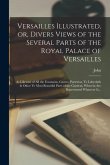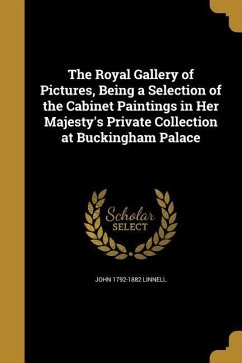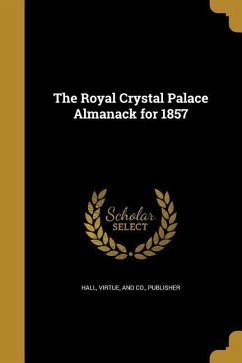Explore the optimism and anxieties of the industrial revolution through the lens of London's 1851 Great Exhibition in Thomas Binney's "The Royal Exchange and the Palace of Industry; or, The Possible Future of Europe and the World." This historical account offers a fascinating glimpse into the social and economic landscape of the era, examining the potential impact of industrial advancements on international relations and European society. Binney's work serves as a compelling social commentary, reflecting the hopes and concerns surrounding the unprecedented technological progress showcased at the Crystal Palace. Delve into a world on the cusp of transformation, as envisioned by a contemporary observer. This meticulous print republication allows readers to experience a pivotal moment in history and contemplate its enduring relevance to our own time. A vital resource for anyone interested in the history of Europe, international business, and the sociological impact of technological innovation. This work has been selected by scholars as being culturally important, and is part of the knowledge base of civilization as we know it. This work is in the public domain in the United States of America, and possibly other nations. Within the United States, you may freely copy and distribute this work, as no entity (individual or corporate) has a copyright on the body of the work. Scholars believe, and we concur, that this work is important enough to be preserved, reproduced, and made generally available to the public. We appreciate your support of the preservation process, and thank you for being an important part of keeping this knowledge alive and relevant.
Bitte wählen Sie Ihr Anliegen aus.
Rechnungen
Retourenschein anfordern
Bestellstatus
Storno









